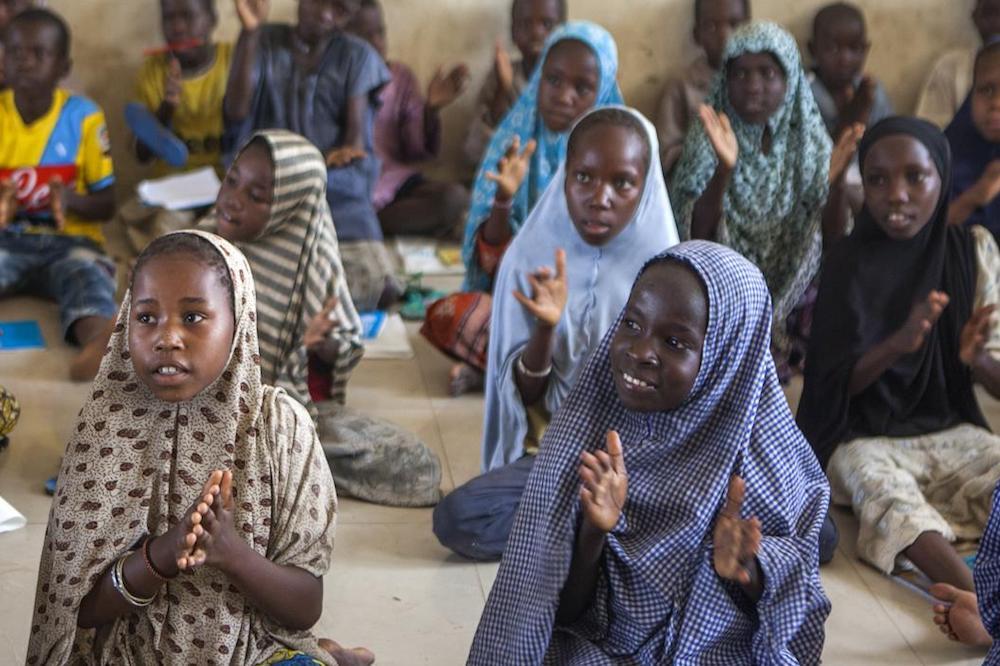
World Day Against Child Labour: 168m children forced to work
Child labour
The number of child labourers around the world has dropped by a third since 2000. But the shocking reality is that 168million children are still forced to work.
And 85million of them do hazardous work – although that figure has also dropped from 171million – according to estimates from the International Labour Organization.
Today is World Day Against Child Labour, when events are held to raise awareness of children who do work that deprives them of their childhood, makes them miss out on schooling and can be mentally or physically harmful.
The ILO says Asia and the Pacific still has the largest number of child labourers – almost 78million or 9.3% of the school population. But sub-Saharan Africa has the highest percentage of children working at 21% – that's 59million children.
Almost 100 million or 60% of child labourers work in agriculture. Another 54million are in services and 12million in industry.
The ILO's #RedCard to Child Labour campaign saw the launch today of a song called 'Til Everyone Can See, featuring German composer Hans Zimmer and American singer Pharrell Williams among others.
ILO Director-General Guy Ryder said: “There is no secret as to what needs to be done. Social protection, along with universal compulsory, formal, quality education at least up to the minimum age for work, decent work for adults and youth of working age, effective law and strong social dialogue together provide the right response to child labour.”
Pope Francis referred to World Day Against Child Labour during his general audience at the Vatican yesterday – and raised the Red Card.
He said: “We all need to renew our commitment, especially families, to protect the dignity of every boy and girl and to offer them the opportunity to grow in a healthy environment. A peaceful childhood allows children to look at life and the future with confidence.”
The Burmese Nobel Peace Prize winner Aung San Suu Kyi said: “The best way to get rid of child labour is to make it unnecessary for the security of families.
“That is to say we have to provide families with the economic, social and political security that would make it unnecessary for them to use their children to secure their future.
“If we want to secure the future of our globe, we have to secure the future of our children and let us start by doing that to putting an end to child labour.”
You can learn more about World Day Against Child Labour and read the stories of working children around the world on the ILO website.
More news

